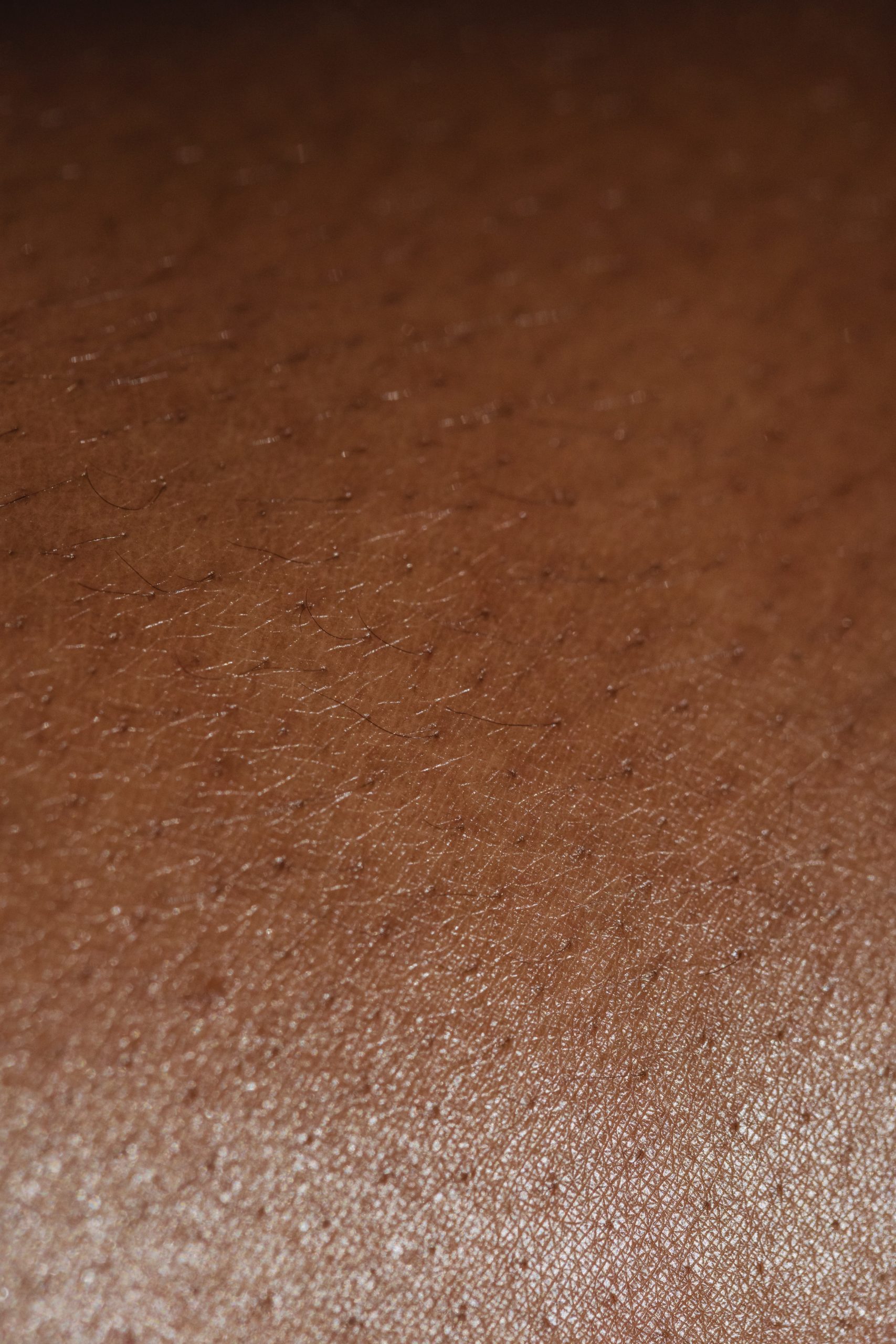Words: Aleeza Siddiq (she/her)
The experience of watching my south Asian mother’s soft smile as she recalls fond memories of soaking sunbeams, from a powerful Pakistani summer, into her crown always reminds me of the importance of hair. Her grandmother was not the only Asian family monarch who stroked glorious amounts of oil into the long black hair of her female children and grandchildren, before sternly instructing them to sit like sunflowers to allow the heat to take full effect. This hair oil ritual is shared amongst many in south Asian culture, and is only one representation of how hair holds the weight of cultural, social and gender identity.
Mary Douglas, amongst other anthropologists, posits the idea of an ‘interrelationship’ between the social and the physical body, where our physical bodies reflect our social views of one another.
Although my mother’s nostalgic hair oiling recollection may feel, to her, an intimate familial moment, it is a 5000 year old tradition recognised by many as Indian science of Ayurveda. In fact, any south Asian girl will recognise the beaming grin, and impressively thick head of hair on Amla, the face of a hair oil brand, a face representing a whole culture of girls who identify with south Asian hair practices. Anthropologists would consider this an aspect of ‘social identity theory’, which psychologist Henri Tajfel proposes helps us to ‘preserve a diversity of identities.’
Here, hair is synonymous with skin, much like in Black culture. During the civil rights movement of the 1960s, hair was utilised as a powerful weapon against racial injustice. A study conducted in the city of St Louis in 1972 showed 90% of black men and 40% of women wore their natural hair, broadcasting the power that physical appearance can bring to rights movements and group solidarity. This amplifies the personal and social significance of hair, as black activists fought against Western standards of beauty by embracing their own natural hair. Even today, hair has been shown to play a role in race-based discrimination in the workplace. Another study by Dove conducted in 2019 showed that, to fit societal and professional norms, Black women are 80% more likely to change their natural hair, demonstrating the symbolic weight hair plays in societal judgements even in the present.
Hair is a symbol of belonging, its rituals and traditions tie individuals to families, and families to cultures. Hair, as an extension of our bodies, has become an outward symbol of who we are. It can then often feel as if our body is not our own but rather a public playground.
Hair also plays a role in social control and social performance. Even if it feels special for my mother to view her hair oiling sunflower state as a nostalgic bonding experience with her family, I can’t help but wonder if the need for such a practice comes from the same nagging voice that tells her mother to stain her grey hairs black, as if they were pesky undergrowth, despite the fact that she wears a headscarf. The same nagging voice that sits like a caution sign in women’s minds insisting that in order to have value in society, we must look a certain way. A nagging voice that may also burden the minds of men who feel that wearing something as trivial as a hair tie poses a grave threat to their masculinity.
This idea relates to Judith Butler, who would assert the belief that the way in which we wear our hair plays a part in ‘performativity’, specifically with reference to gender. Our appearance again, acts as a costume for the role we play in society. Long hair on women is seen as feminine, short hair as masculine. Blond hair is associated with idiocy, as the sexist phrase ‘dumb blonde’ suggests. Matted and wild hair is often associated with a madman, whilst well-groomed hair is associated with successful members of our society, especially in Western culture.
Our treatment of hair is representative of our performative human nature. Our personalities are never fixed; we are products of our environment. Hair is just another aspect of our social and cultural performance, and so it is important for us to recognise the role it plays in our identity in order to better understand the inner workings of our society. I must assume then that those days my mother’s hair bathed in fragrant oil were much more than sweet reminiscence, rather they represented a social symbol of control, culture, and tradition.

